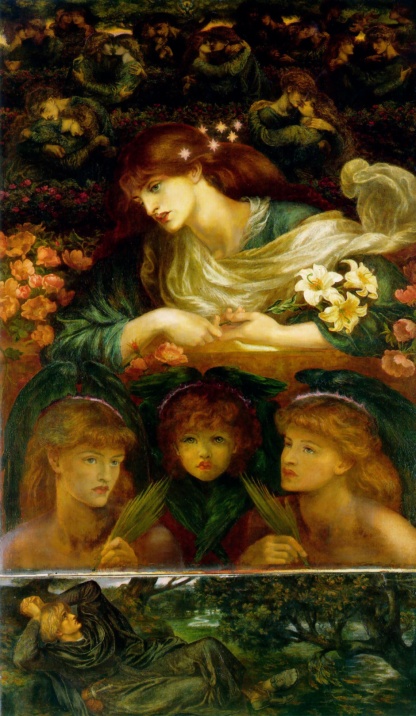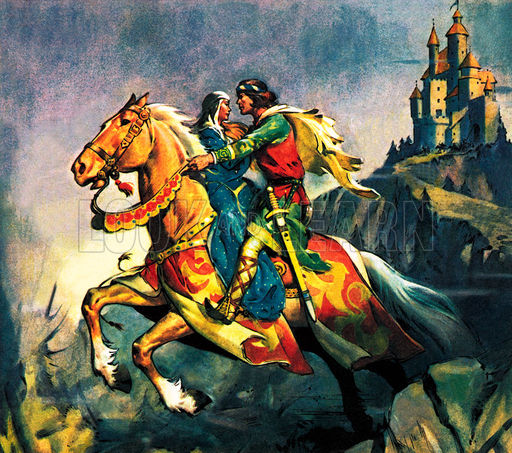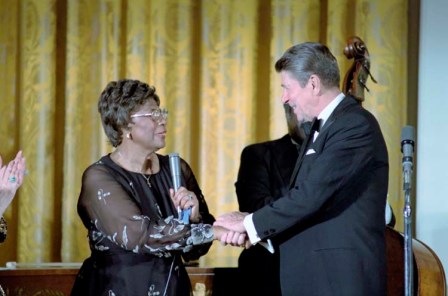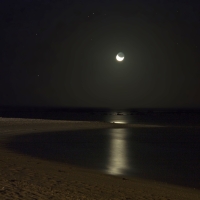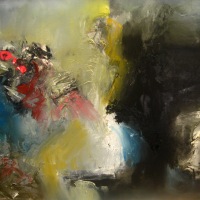The blessed damozel leaned out
From the gold bar of Heaven;
Her eyes were deeper than the depth
Of waters stilled at even;
She had three lilies in her hand,
And the stars in her hair were seven.
Her robe, ungirt from clasp to hem,
No wrought flowers did adorn,
But a white rose of Mary’s gift,
For service meetly worn;
Her hair that lay along her back
Was yellow like ripe corn.
Herseemed she scarce had been a day
One of God’s choristers;
The wonder was not yet quite gone
From that still look of hers;
Albeit, to them she left, her day
Had counted as ten years.
(To one, it is ten years of years.
. . . Yet now, and in this place,
Surely she leaned o’er me—her hair
Fell all about my face. . . .
Nothing: the autumn fall of leaves.
The whole year sets apace.)[1]
-
Blog: Ratiocinativa Topics:Prose, Quotes, Poems Alexa
-
layanglicana
Author of books on Calcutta, Delhi and Dar es Salaam, I am now blogging as a lay person about the Church of England and the Anglican Communion. I am also blogging about the effects of World War One on the village of St Mary Bourne, Hampshire.
-
Recent Posts
Archives
Categories
- Art
- Battle of the Sexes
- beauty
- books
- Boredom
- Castles in the air
- Change
- Christina Rossetti
- Clerihew
- conversation
- Courage
- CS Lewis
- C S Lewis
- Death
- Depression
- D H Lawrence
- Don Marquis
- Dorothy Parker
- Dr Johnson
- Emily Dickinson
- ennui
- environment
- Erich Fromm
- eternity
- experience
- Flanders and Swann
- friends
- Friendship
- Gossip
- Happiness
- Hilaire Belloc
- Hope
- humility
- John Keats
- Jonathan Swift
- joy
- Life
- life's journey
- literature
- Loneliness
- Love
- Marriage
- melancholy
- Music
- nature
- Nicolas Chamfort
- Nina and Frederik
- Ogden Nash
- Old Age
- Optimism
- Oscar Wilde
- Paddy Roberts
- Pain
- perception
- P G Wodehouse
- philosophy
- politics
- Pride
- Robert Browning
- Rod McKuen
- Samuel Johnson
- Seize the day
- Shakespeare
- Silence
- Solitude
- The Battle of the Sexes
- Thomas Hardy
- Truth
- T S Eliot
- vicissitudes of life
- Voltaire
- W B Yeats
- W H Auden
- wisdom
- writing
Blog Stats
- 238,277 hits
Recent Comments

